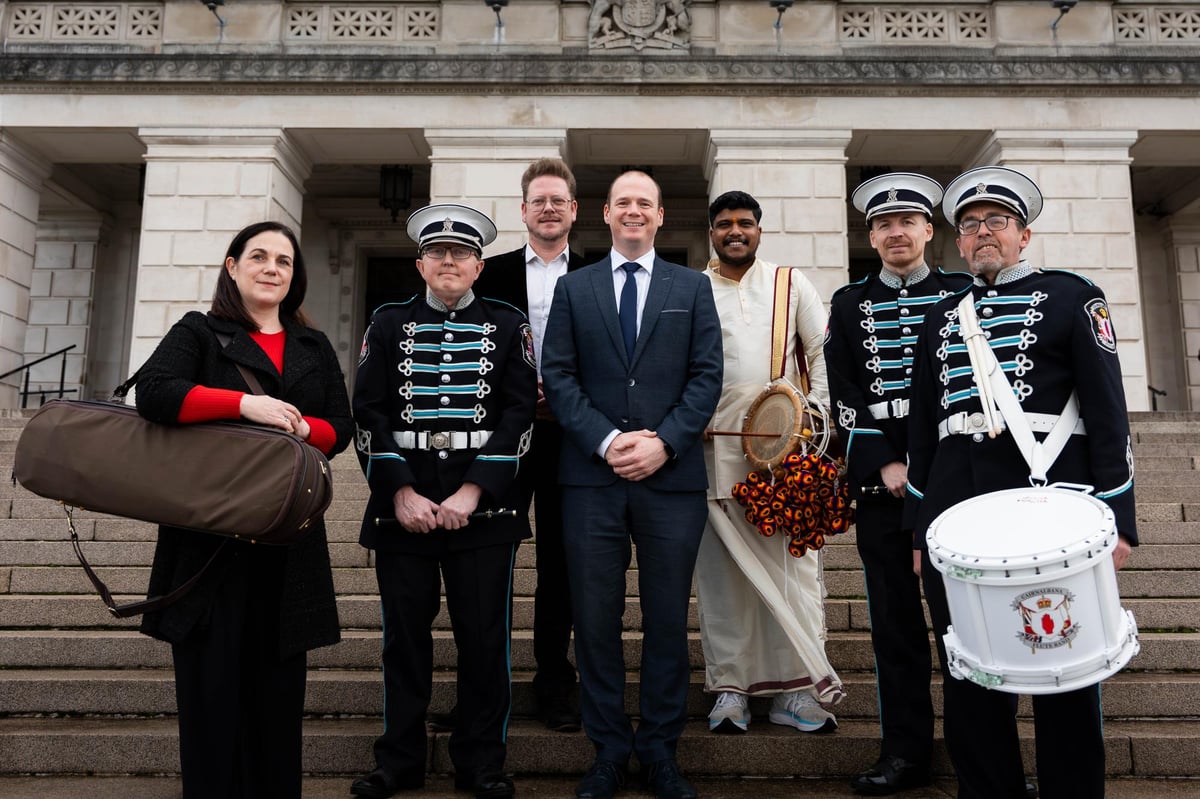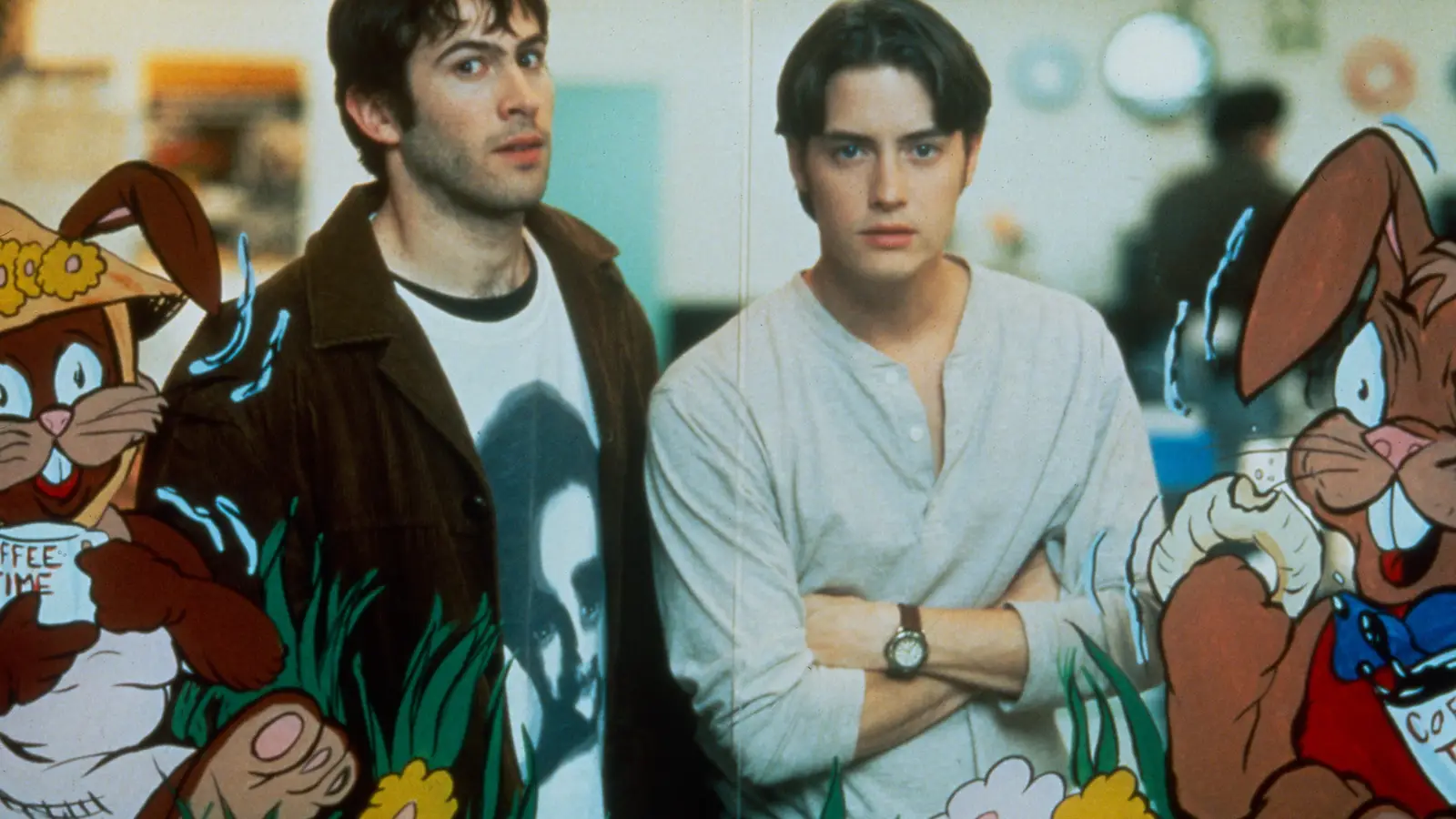Copyright The New York Times

In late 2022, when ChatGPT was released, I wasn’t very worried about the trouble it might cause me, and most people, personally. A few professions — coding, for example — might be hit pretty hard, I figured, but human traits like warmth and empathy and creativity would surely remain untouched by the cold fingers of machines. Chatbots might be trotted out as cool party trick, but they would never replace teachers or therapists or artists. Hand-wringers warned that writers were about to go the way of pterodactyls, and, reader, I scoffed. To test my theory, I took ChatGPT out for a spin. “Write an essay about mockingbirds in the style of Margaret Renkl,” I typed in 2022. What it delivered wasn’t an essay so much as a mock critique of an essay that doesn’t even exist. Here’s how it began: Mockingbirds are often seen as symbols of innocence and purity in literature and culture, and they have long captured the imagination of writers and readers alike. In her essay ‘On Mockingbirds,’ Margaret Renkl explores the many meanings and associations of these fascinating birds, and reflects on their enduring place in our cultural imagination. A bright tenth grader would know to avoid such generalities and clichés. A very bright tenth grader would avoid the comma error in the last sentence, too. I laughed the whole time I was reading that “essay.” I’m not laughing now. Even before e-books and audiobooks made stealing copyrighted material a simple matter, the copy-and-paste function in word processing programs made it possible to share a writer’s work, whether or not the recipients had paid for a subscription that makes it possible for writers and editors to pay their bills. But that kind of theft is nothing compared with what artificial intelligence has made possible. In ordinary piracy, people have to look for an author’s work to steal it. With A.I., anyone can create books and essays in the style of any writer whose work has been loaded into the voracious maw of machine learning. Thank you for your patience while we verify access. If you are in Reader mode please exit and log into your Times account, or subscribe for all of The Times. Thank you for your patience while we verify access. Already a subscriber? Log in. Want all of The Times? Subscribe.



